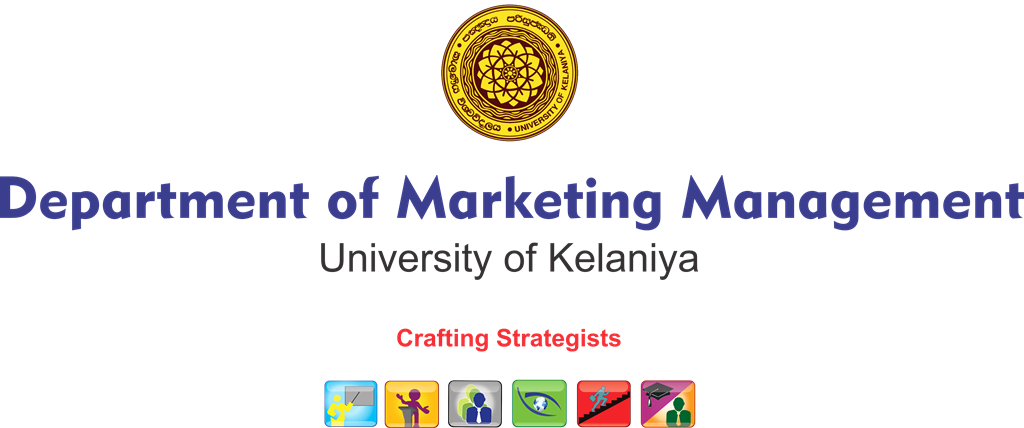Lakshika, V. G. P.
Lecture, University of Sri Jayewardenepura, Sri Lanka
This email address is being protected from spambots. You need JavaScript enabled to view it.
Ahzan, M. J. M. F.
Senior Lecturer, University of Colombo, Sri Lanka
This email address is being protected from spambots. You need JavaScript enabled to view it.
ABSTRACT
At present consumer decision making is more complex and difficult but far more vitally in it is important than the past as the consumers today are thorough consumers. Therefore, consumer decision-making styles have become one of the most popular and interesting areas of research in the marketing and behavioral sciences of academia. Besides, in the modern marketing era, Millennial has become one of the major interesting research subject due to their unique characteristics. Therefore, the aim of this study is to develop a more rigorous understanding of the Sri Lankan millennial decision-making styles. The research philosophy of the current study is a positivist research paradigm and follows a deductive approach and survey strategy. Convenience sampling technique was used to draw the sample and the sample size was 385. The study extracted seven factors from the original Consumer Styles Inventory (CSI) scale through an exploratory factor analysis and found that Sri Lankan millennial has seven decision making styles namely Perfectionist Conscious, Habitual & Brand Loyal Conscious, Novelty Fashion Conscious, Brand Conscious, Hedonistic & Recreational Conscious, Confused by over choice and Impulsive Consumer. Further it revealed Price - conscious decision - making style did not appear among the Sri Lankan Millennial where Sri Lankan millennial are highly perfectionist conscious consumers. Based on the findings, study proposes several theoretical and practical implications along with direction for the future research.
Keywords: Consumer Decision-Making Styles, Consumer Styles Inventory, Millennial


